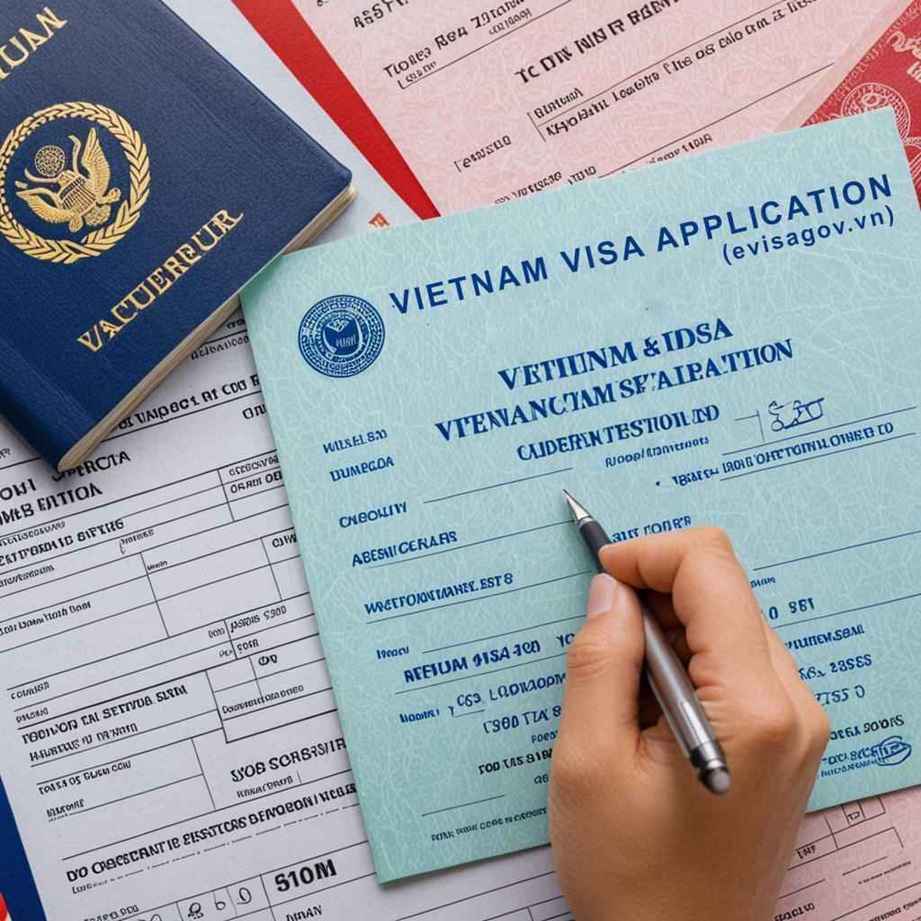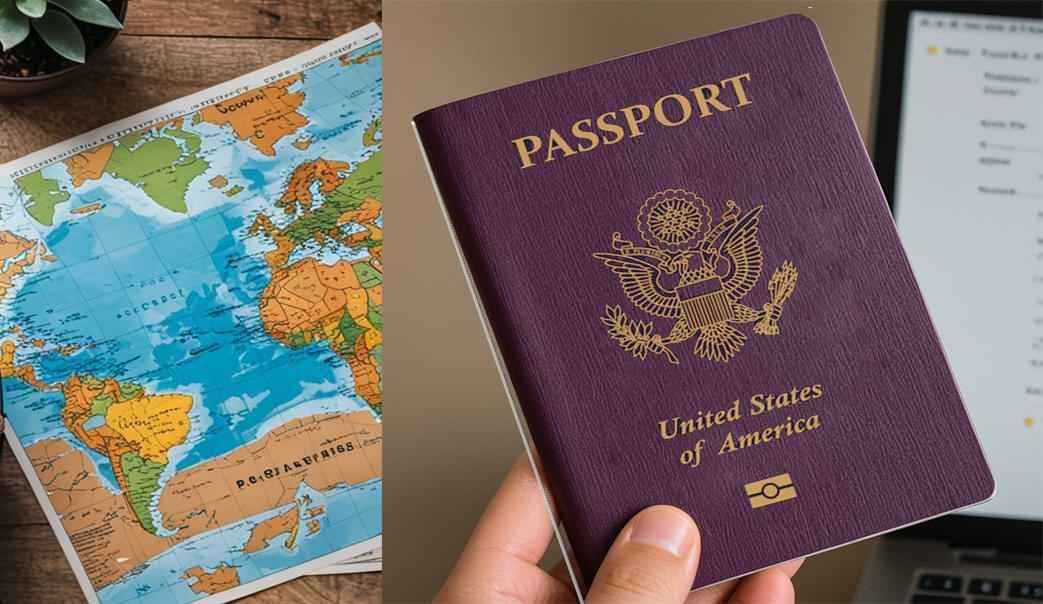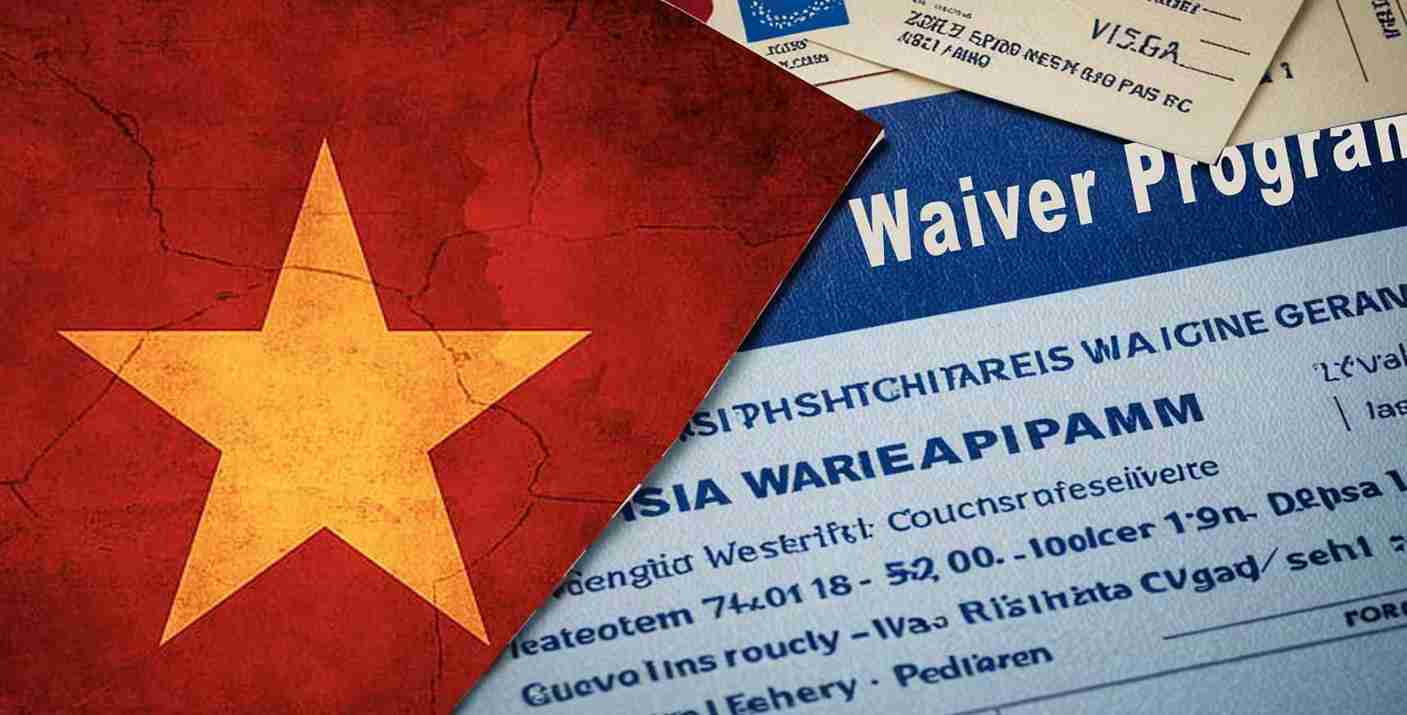1. Incomplete or Incorrect Application Information
One of the most common reasons for eVisa delays or rejections is submitting incorrect or incomplete information on your application form. Simple mistakes, such as misspelled names or wrong passport details, can cause significant delays.
How to avoid it: Double-check all information before submitting your application to ensure it matches your passport and other official documents.

2. Invalid Passport or Expired Passport
Vietnam requires that your passport be valid for at least six months beyond the date of entry. If your passport does not meet this requirement or if it is damaged, your application may be rejected.
How to avoid it: Ensure your passport has at least six months of validity remaining and is in good condition before applying.
3. Incorrect Passport Photo
The passport photo you upload must meet specific requirements. Low-quality images, incorrect photo dimensions, or photos that do not match your current appearance can lead to rejection.
How to avoid it: Use a recent passport-sized photo that follows the official requirements (e.g., white background, no shadows, clear face visibility).
4. Criminal History

If you have a criminal record or have violated immigration laws in Vietnam or other countries, this could lead to a rejection of your eVisa application.
How to avoid it: Be transparent about your background in the application and consult an immigration expert if you are concerned about how your history may impact your visa approval.
5. Visa Type Not Supported for Your Purpose of Visit
Vietnam offers different visa types depending on the purpose of your visit, such as tourism, business, or medical treatment. Applying for the wrong visa type can lead to rejection.
How to avoid it: Make sure you apply for the correct visa type based on the purpose of your trip. Check the guidelines carefully before submission.
6. Failure to Provide Additional Documents
In some cases, you may be asked to provide additional documents, such as proof of onward travel or a detailed itinerary. Failing to supply these documents when requested can delay the approval process or result in rejection.
How to avoid it: Be prepared to submit any additional documents requested during the visa application process. Respond to requests for information promptly.
7. Applying Too Close to the Travel Date
Visa processing times can vary, and applying too close to your intended travel date can lead to unnecessary delays or missed travel plans.
How to avoid it: Apply for your Vietnam eVisa at least 1-2 weeks in advance to allow sufficient processing time.
8. Internet Connectivity Issues or Payment Failures
Technical issues during the submission of your application, such as internet connectivity problems or failed payment transactions, may result in incomplete applications.
How to avoid it: Ensure you have a stable internet connection and sufficient funds on your credit or debit card before submitting the payment. Confirm the payment went through before closing the browser.
Conclusion
Delays and rejections of Vietnam eVisa applications are often due to avoidable mistakes or oversights. By following the tips provided in this guide and double-checking all required information, you can increase your chances of having your eVisa approved without delays. Ensure that your documents are accurate, and apply well in advance to avoid any issues with your travel plans.
Frequently Asked Questions
How long does it take to process a Vietnam eVisa?
It typically takes 4-5 business days to process a Vietnam eVisa. However, delays may occur due to incomplete applications or high application volumes.
Can I appeal a rejected Vietnam eVisa application?
Yes, you can reapply or submit a new application after addressing the issues that led to the rejection. However, Vietnam does not have a formal appeal process for rejected eVisas.
What should I do if my Vietnam eVisa is delayed?
If your eVisa application is delayed, you can check the status online or contact Vietnam Immigration for assistance. Ensure all requested documents are submitted to avoid further delays.




